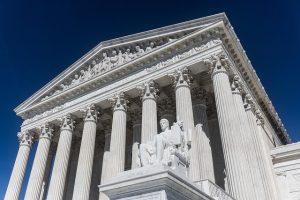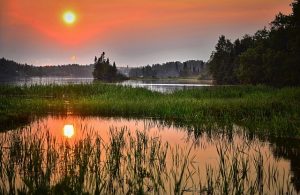The Supreme Court recently issued a decision siding with the Idaho couple who fought against Biden’s plan of restoring the wetlands as addition to the Clean Water Act. The Supreme Court took side with the Idaho couple since the government protection of bogs and marshes will be minimized if wetlands are to be restored. The law had previously restricted people from building their dream house on federally protected wetlands beside Priest Lake, Idaho.
Under the SC’s ruling of The Sackett v. EPA case, the definition of what bodies of water fall under the 1972 act has shrunk. The recent decision states that federally protected wetlands are only those that are connected to larger lakes, rivers, and streams with continuous surface water.
This would also affect wetlands recognized as nature’s water purifiers. These are the wetlands that also serve as habitats to various ecosystems and wildlife, including species of fish and waterfowl.
What Does This Mean for Industry Giants?
On the other hand, the ruling is also a win for oil and gas industry giants. Oil, gas, and homebuilding industries have been fighting for the limitation of the act for years. They aim to have the Clean Water Act allow them to destroy the federally-protected wetlands that specifically fall under the definition of the 1972 Clean Water Act.
With the Supreme Court’s recent rulings, liberal Justice Elena Kagan pointed out how the Supreme Court has positioned themselves as decision-makers for environmental policies. Last year, the SC also intervened with the controversial ruling of limiting the Environmental Protection Agency’s capability of controlling greenhouse gases.


